Sirens programming is the dozens of hours of papers, lectures, panels, roundtable discussions, workshops, and afternoon classes that make up the heart of Sirens. For our 2019 programming series, we’re doing a deeper dive on each presentation format; this information will both help potential presenters select the proper format for their approach to their topic and provide details on proposal requirements. We also suggest that potential presenters read how Sirens programming works and our tips, tricks, and frequently asked questions. Earlier this week, we reviewed papers/lectures; we’ll review roundtable discussions and workshops/afternoon classes later this week. You can submit a proposal any time from April 4 to May 15.
At Sirens, panels are a group of 3–5 presenters discussing and debating a given topic. Unlike papers or lectures, where the primary purpose is to convey information, panels are all about robust dialogue among panelists. Panels are led by a moderator, who will guide the discussion and may ask questions of the panelists (and panelists may, depending on preference, give a brief position statement to start the panel).
The strength of a panel depends on two things: the skill of the moderator and the inclusion of different perspectives on the panel.
-
Skill of the moderator: The moderator is generally responsible for eliciting thoughtful discussion among panelists, which means preparing questions in advance, ensuring that all panelists have a chance to speak, and keeping the conversation flowing. Moderators may also participate in the discussion if they wish, and may take questions from the audience as well, though the bulk of the time should be reserved for panelist discussion. For Sirens, the moderator must submit the primary panel proposal on behalf of the group.
-
Different perspectives: Because panels are designed for discussion and debate, a panel’s success generally depends on the inclusion of panelists with a variety of perspectives and opinions on the given topic. If your panelists all agree, or have similar perspectives, you’ll be conveying information rather than engaging in robust dialogue—and we strongly encourage you to consider a co-presented a co-presented paper or lecture instead.
Panels are always 50 minutes long. While your panel may feature brief opening position statements by the panelists, you should use most of your time for your panel’s discussion and debate, perhaps with some time for audience questions at the end.
Panels should have three to five total panelists, including the moderator. Panels must have only one moderator. If your panel has only two panelists, you might consider co-presenting another type of presentation, since you’ll likely be spending more time conveying information than debating your topic. You only have 50 minutes for your panel, so we cap panels at five people so everyone gets to participate in a meaningful way. Typically, larger panels come back to us with the feedback that the panelists didn’t have enough time to contribute individually, and typically, the audience feedback is that larger panels end up lacking the depth everyone hopes for.
Proposal requirements include presenter biographies (50–100 words), a presentation summary (50–100 words), a primary abstract (300–500 words), and supplemental abstracts (300–500 words). We will publish the biographies and the summary on our website and in our program book to help attendees navigate our programming and decide which presentations they’d like to attend.
The moderator must submit the initial proposal, and should provide their biography, the panel’s summary, and the primary abstract. Each additional panelist will provide their own biography and supplemental abstract.
The abstracts are for the vetting board. The primary abstract should explain your topic and approach and be far more in depth than your summary. If the moderator prefers, the primary abstract may be a summary paragraph and a series of at least ten questions (with appropriate follow-up questions) rather than a more traditional abstract. To provide the vetting board with insight as to the direction that the panel will take, each panelist must provide a supplemental abstract demonstrating the thoughtfulness and experience that they will bring to the panel, perhaps by answering a question or two from the question list. The vetting board will consider all abstracts (including any missing abstracts) in making its programming selections.
Moderators are responsible for ensuring that their panelists’ confirmations and supplemental abstracts are submitted by May 15. This means that moderators should make sure that all panelists know what is required of them in advance!
Room set-up includes several microphones, a podium and table, projection equipment, and a small dry erase board or easel. We can accommodate a variety of presentation styles, and we ask that, as part of your proposal, you specify how you will use projection equipment so that we can prioritize it for presentations that particularly need it. Presenters are welcome to stand or sit, though we do require that you use the microphone, as it makes your presentation more accessible to the audience.
Looking for help or inspiration?
-
Join us for a programming chat! Anyone interested in submitting a proposal can stop by to brainstorm, find collaborators, and get one-on-one advice from our programming staff. They don’t make the selection decisions, but they’re full of thoughts that might be helpful! Chat will be held here at the following times:
Saturday, April 13, 1–3 p.m. Eastern (10 a.m.–noon Pacific)
Monday, May 13, 9–11 p.m. Eastern (6–8 p.m. Pacific) -
Free Topics: All through April, we’ll be tweeting programming topics that are free for you to take, develop, and use in your programming proposal. You might take them as is, you might use them as inspiration, or you might find that they get your brain moving! Follow us on Twitter @sirens_con or check out #SirensBrainstorm.
-
More Questions: Email us! You can contact our programming team at (programming at sirensconference.org).
Examples of summaries of past panels from Sirens:
-
Conversations with Octavia Butler by K. Tempest Bradford, N. K. Jemisin, and Kiini Ibura Salaam: Octavia Butler’s novels have taken millions of readers on a fantastic journey—but what about the woman herself? This panel will give participants a glimpse into Octavia Butler, the individual. Through audio clips, we’ll hear from the woman who has brought the world fantastic vision, as Sirens guest of honor, novelist N.K. Jemisin, and two speculative fiction writers, Kiini Ibura Salaam and K. Tempest Bradford, engage in conversation with Butler’s ideas, visions, and brilliance.
-
Fans and Fandom as (Re)Tellers of Tales by Marie Brennan, Rachel Manija Brown, Andrea Horbinski, and Hallie Tibbetts: It’s a common jump from loving a book, a story, a TV show, or a movie, to wanting to play around with its elements oneself. Fandom offers many girls and women a space in which to do just that. This panel looks at fandom and fans as retellers of tales, asking questions such as: what kinds of stories do fans choose to retell? What are some of the most common, or most interesting, kinds of fannish retellings? What is the line between “fannish” and “professional” retellings of stories such as fairy tales? What makes fandom (and retelling) original and creative?
-
The Great Big Interfaith Dialogue by Gillian Chisom, Kate Elliott, s.e. smith, Shveta Thakrar, and Amy Tenbrink: What happens when an atheist, a Jew, a Hindu, and a Christian walk into a panel? Find out in this discussion of faith, collaboration, humanity, and the role of faith in real life as well as fictional faith, cataclysmic social change, and more. Panelists will discuss the role of faith in both new and beloved fantasy texts in addition to exploring the incorporation of religion in worldbuilding.
-
The Magic of Beauty: Beauty as Narrative Device and Social Construction by Faye Bi, Dhonielle J. Clayton, Zoraida Córdova, Kate Elliott, and Kiini Ibura Salaam: In what sense has beauty been treated as a special magic gift that some girls and women possess? How has it functioned as a narrative device that gives its holders a form of power other girls and women don’t receive? This then obliges us to confront and discuss social constructions of beauty. Who is allowed to be beautiful in narratives and on what terms? For whom is beauty a limiting characteristic? For whom is it an empowering one?
-
Are You Experienced: The Gendered Sex Gap in YA Fantasy by Kate Elliott, Mette Ivie Harrison, Robin LaFevers, Anna-Marie McLemore, and Rebecca Kim Wells: There has been a long tradition of heroines in young adult literature having minimal sexual experience. Unlike in male-centered stories, these heroines’ early sexual experiences are not celebrated as heroic accomplishments or rites of passage in a bildungsroman. What are the cultural, societal, and historical roots of this experience gap? Why is sexual inexperience still such an important component of a likeable heroine? Do heroines in fantasy have more latitude in closing that experience gap? This panel will discuss how issues of sexual experience play out in works of fantasy and how the genre reinforces or subverts them.




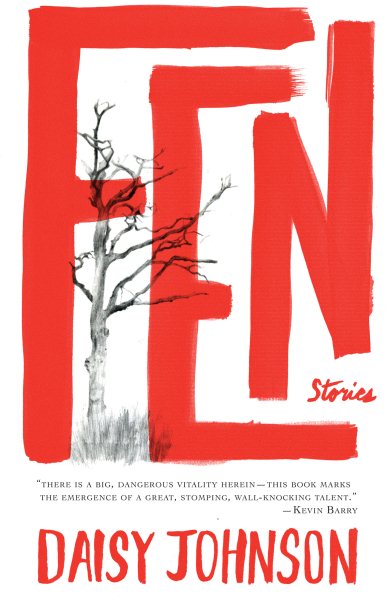
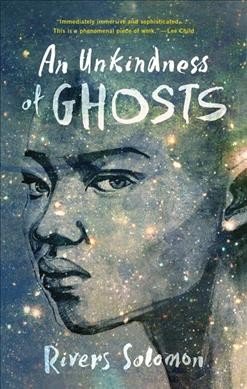
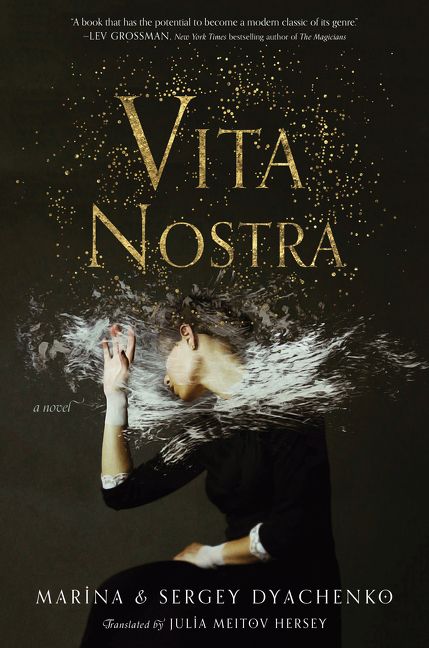

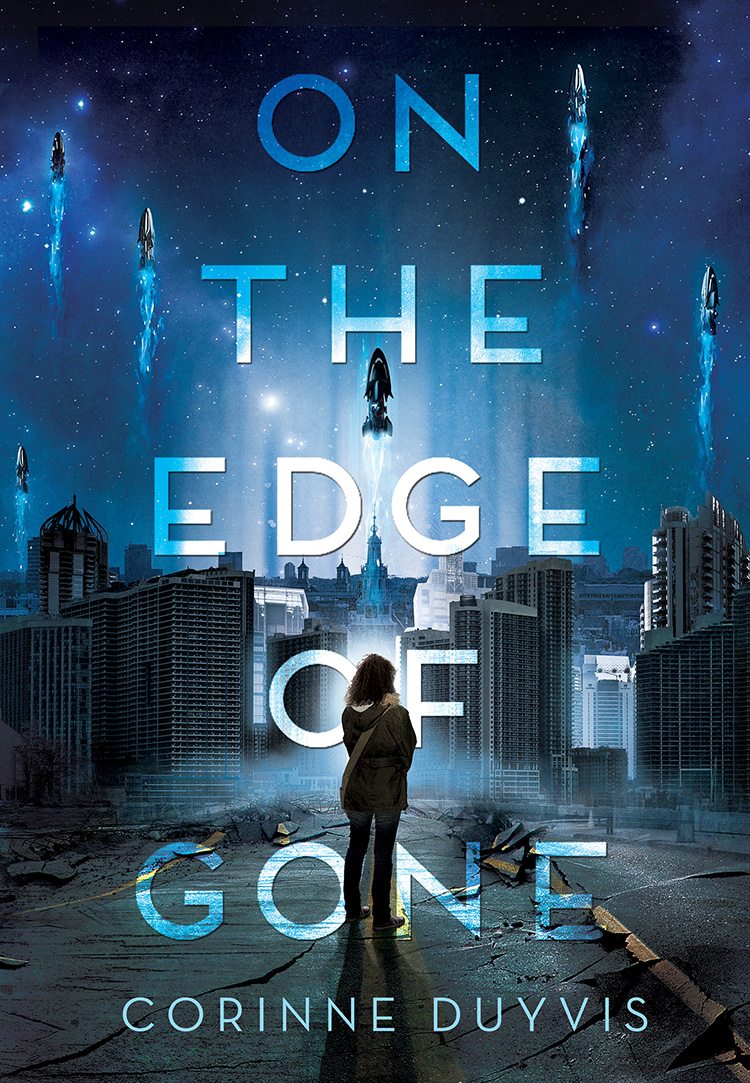

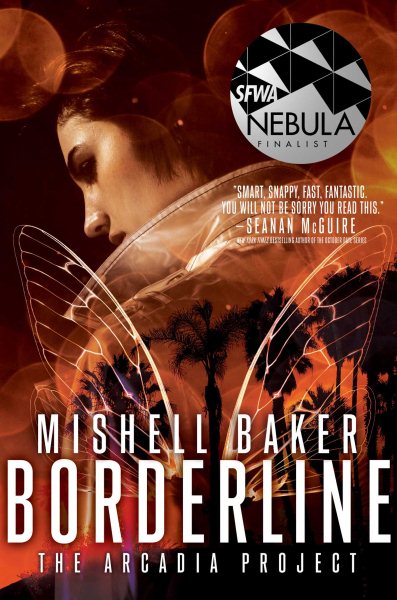
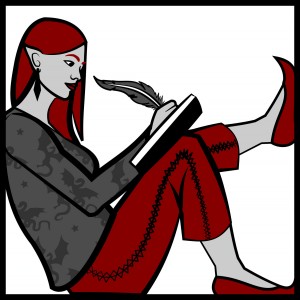
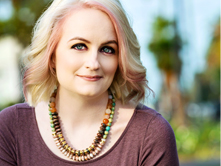






































































Connect with the Sirens community
Sign up for the Sirens newsletter